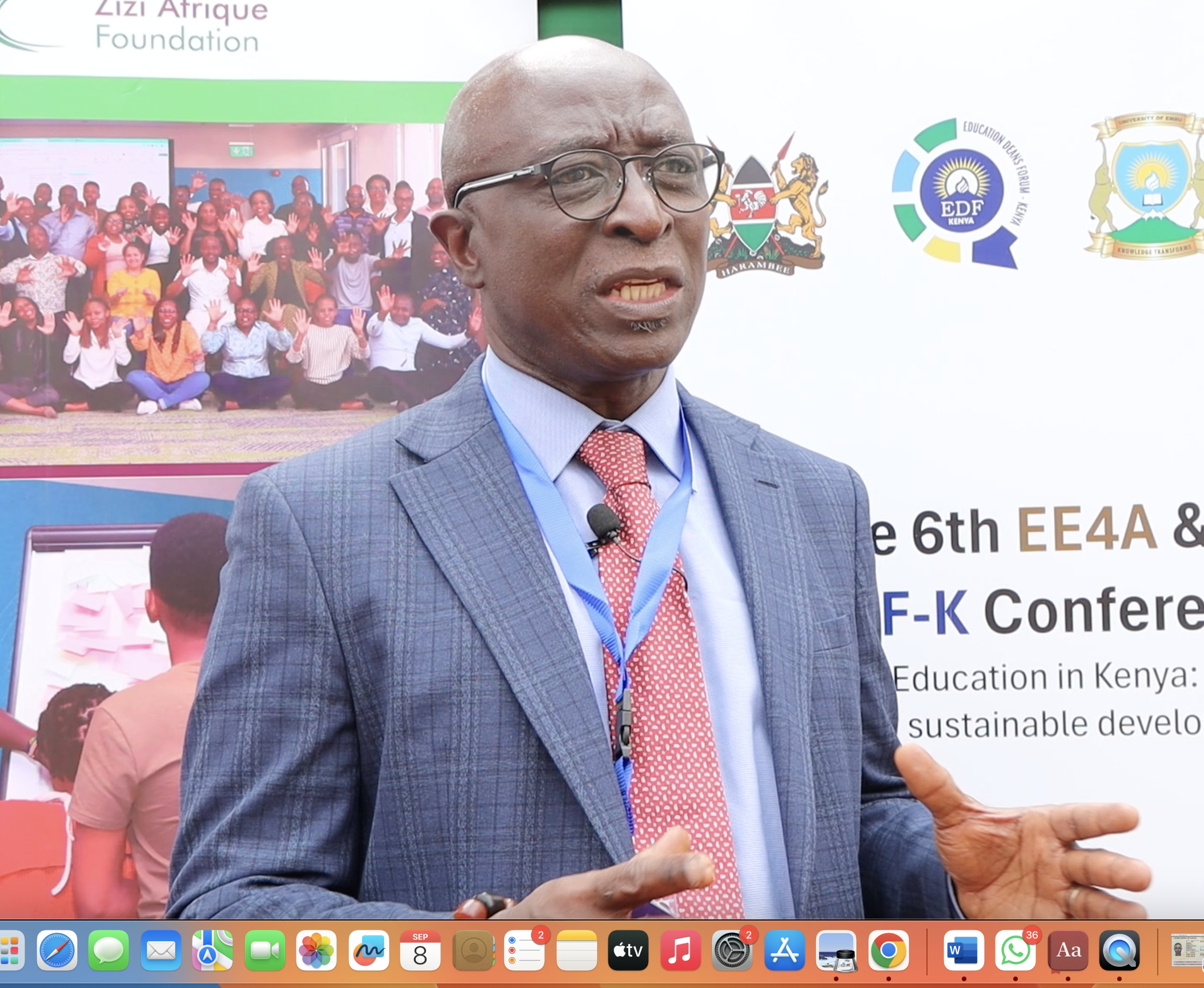
By Prof. Kwame Akyeampong
(GEEAP Panelist & Professor of International Education and Development, The Open University)
In classrooms across Kenya, millions of children attend school each day, yet many will leave without mastering one of the most basic skills — the ability to read and understand a simple text. Across Sub-Saharan Africa, nearly nine in ten children cannot read and comprehend a simple passage by age ten (World Bank, 2020). Literacy is not a distant educational milestone; it is the foundation upon which every other learning outcome is built. For Kenya’s children, the cost of inaction is profound.
The so-called literacy crisis is complex, but two realities stand out clearly: teachers lack confidence in teaching literacy effectively, and many children fail to acquire foundational reading skills despite attending school.
In research I conducted across Kenya and five other African countries in 2013, newly qualified teachers consistently cited literacy as one of the most difficult subjects to teach. Tasks such as helping pupils “read for meaning” were perceived to be far more challenging than teaching letter sounds (Akyeampong et al., 2013). Although that study is nearly a decade old, its findings remain strikingly relevant today — a sign that teacher preparation has not evolved fast enough to meet learners’ needs.
For too long, both pre-service and in-service teacher training programmes have fallen short of equipping educators with the skills, confidence, and guidance they need to teach literacy effectively. Curricula remain inconsistent, pedagogical approaches unclear, and teachers are often left to navigate classrooms with minimal support. The result is a twofold crisis: underprepared teachers and underperforming learners.
But there is reason for optimism. A forthcoming Global Education Evidence Advisory Panel (GEEAP) paper on literacy provides clear, evidence-based guidance for teaching reading in low- and middle-income countries, including Kenya. Drawing from evidence across 75 countries and 106 languages, the paper identifies the key skills pupils must acquire — and teachers must learn to teach — to effectively support literacy.
Learning to read relies on two core skills — decoding and language comprehension — which work together seamlessly.
- Decoding involves recognizing written symbols and converting them into sounds to form words.
- Language comprehension entails understanding the meaning of those words and sentences within a text.
To strengthen both, teachers must provide explicit, systematic instruction in multiple literacy sub-skills — a process that must be embedded within teacher training.
Teacher training institutions in Kenya and beyond must act on these insights. Preparing teachers to confidently deliver lessons focused on developing core literacy skills should become a central component of both pre-service and in-service programmes. Training must offer not just theory but practical classroom-based experience, actionable guidance, and proven tools that help teachers succeed. This is not about adding more content to already overloaded curricula — it is about focusing on what works.
Kenya already has lessons to draw from. The TUSOME programme is one such success story. Based on structured pedagogy — which the GEEAP’s Smart Buys report termed a “great buy” — TUSOME provided teachers with detailed lesson plans, learner materials, and ongoing coaching. While the programme itself has since ended, its core principles — well-designed materials, regular support, and continuous monitoring — have been integrated into Kenya’s Competency-Based Curriculum (CBC).
Structured pedagogy is only one of several Smart Buys that, combined with the latest literacy evidence, can transform classroom practice.
The stakes could not be higher. Literacy underpins every subject, empowering children to think critically, engage in society, and break cycles of poverty. By giving teachers the tools to teach reading effectively, Kenya can ensure that schooling translates into true learning.
The evidence is clear, and the solutions exist. Policymakers, training institutions, and education partners must now act decisively to integrate evidence-based literacy strategies into all stages of teacher preparation. Literacy is not an abstract goal — it is a human right and the gateway to opportunity.
Kenya’s classrooms can lead the way — but only if teachers are confident, prepared, and empowered to help every child learn to read.







